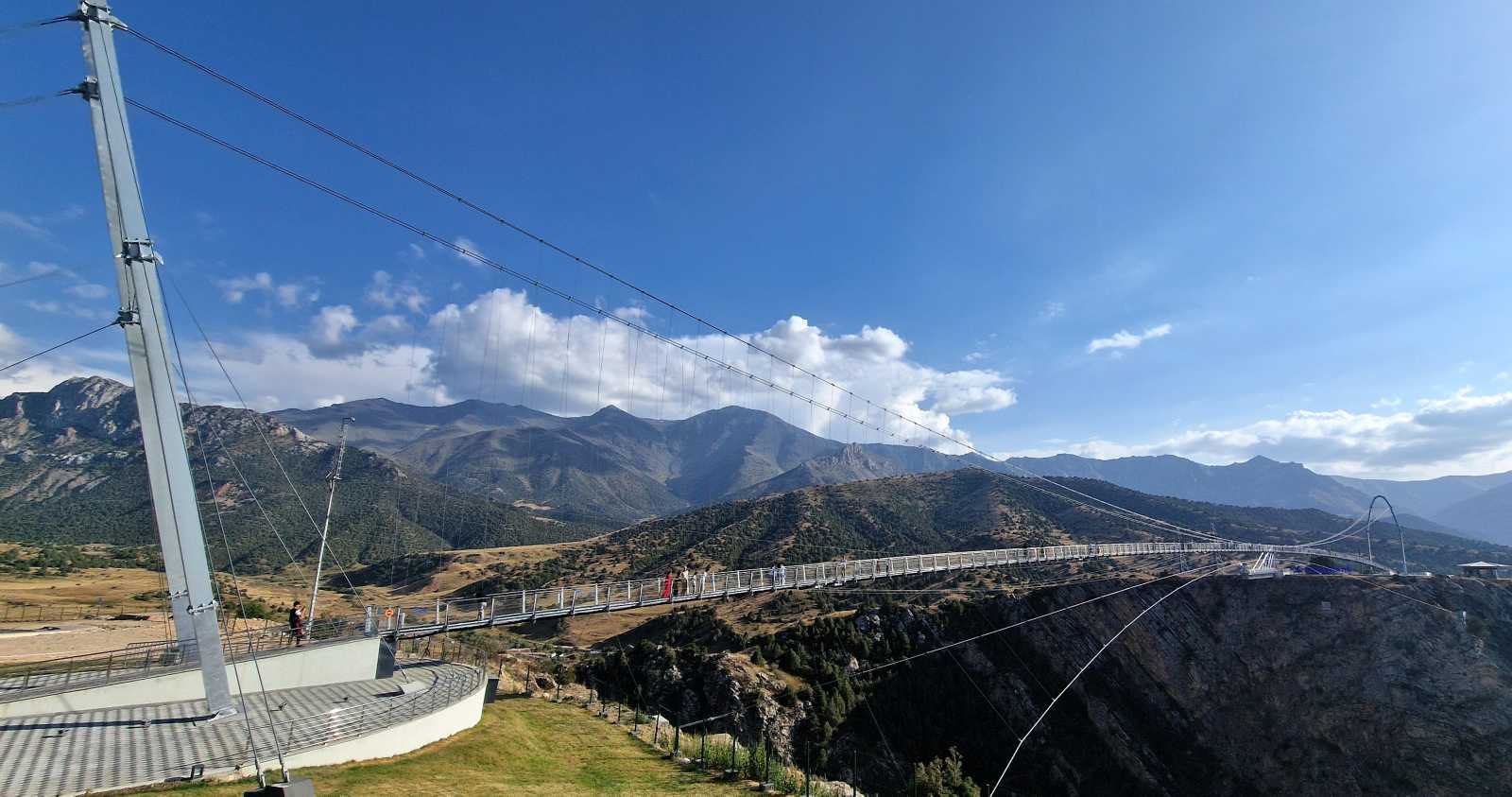Editorial
Tragedy of the commons
By Hans Dembowski
Disputes over oceans and seas are becoming more frequent and more intense for several reasons:
– As economies increasingly depend on world trade, shipping routes matter ever more.
– Fish is important food. Global stocks are dwindling, because current consumption trends are not sustainable.
– The interest in natural resources below the seas is growing. Private and public sector companies are keen on extracting oil, gas and ores.
In the past, Sea bodies close to the coast were sometimes contested, but the reach of governments was always rather limited. It was impossible to control waters hundreds of miles away from the shore. Since nobody could enforce rules, people did not think very much about passing any. To protect immediate interest, one needed a strong navy. That is still true, but only to some extent. Consider EU and NATO attempts to stifle piracy off the Somalian coast, for instance. Other challenges, however, are much harder to tackle. In many ways, technology has changed the world, and as a result, we are witnessing a “tragedy of the commons” of gigantic dimensions at sea today. Economists use this term to describe settings in which a public good is depleted because nobody owns it so nobody feels responsible. Humanity is about to lose important maritime resources.
For most of history, the seas were dangerous but rich hunting grounds. Only a few daring people went there. As the saying goes, there was always “plenty more fish in the sea”. Nobody had to worry about ecosystems or biodiversity. What happened “out there” was beyond anybody’s control.
That was then. Today, industrial-scale high-tech fishing is undermining its own viability. This industry is depleting the very stocks it depends upon. At the same time, it is feeding on resources traditional fishing communities need for their livelihoods. Poor people in developing countries are bearing the brunt.
For other reasons, the hunt for underwater hydrocarbons is madness too. Our planet is already heating up because the use of fossil fuels leads to greenhouse gas emissions. In this context, it is bizarre that making ever greater efforts to extract oil from below the ocean is considered sound business. Accident risks are hard to control, and successful extraction only leads to more burning of fossil fuels, speeding up climate change. It would be much wiser to spend money on developing eco-friendly energy alternatives than on deep-sea drilling.
Multilateral politics tends to be frustratingly ineffective. It is hard to bring about sensible rules and enforce them. But there is no alternative. Unless the international community gets its act together and takes care of maritime public goods, matters will only get worse. Strong navies, by the way, will hardly help. They may impress adversaries, but they offer no solutions to overfishing or global warming. And should navies actually clash, they would only compound economic, social and environmental problems.








